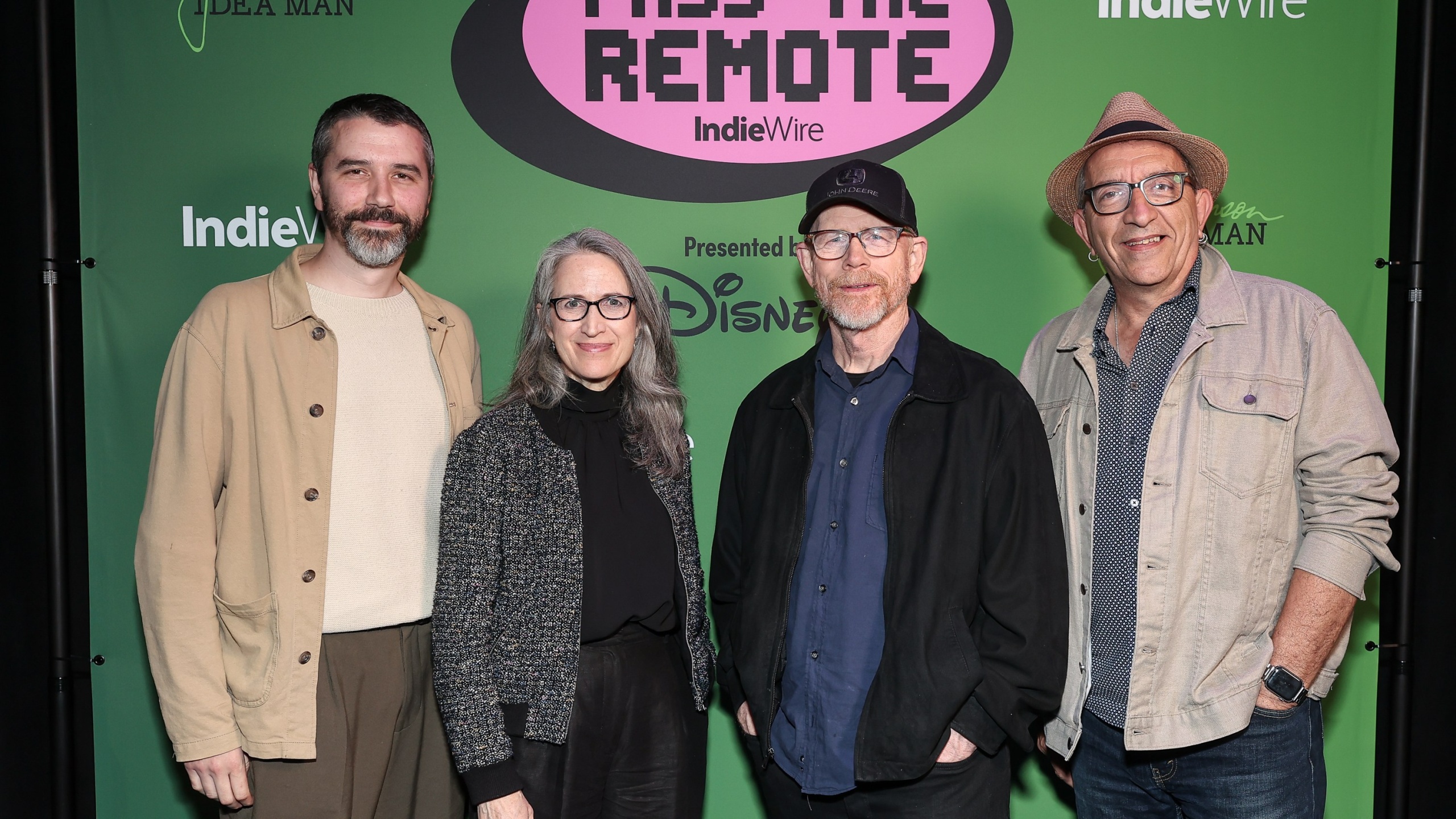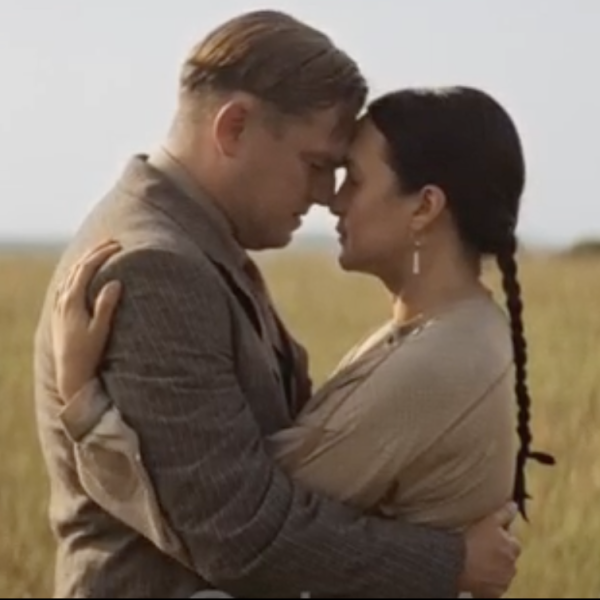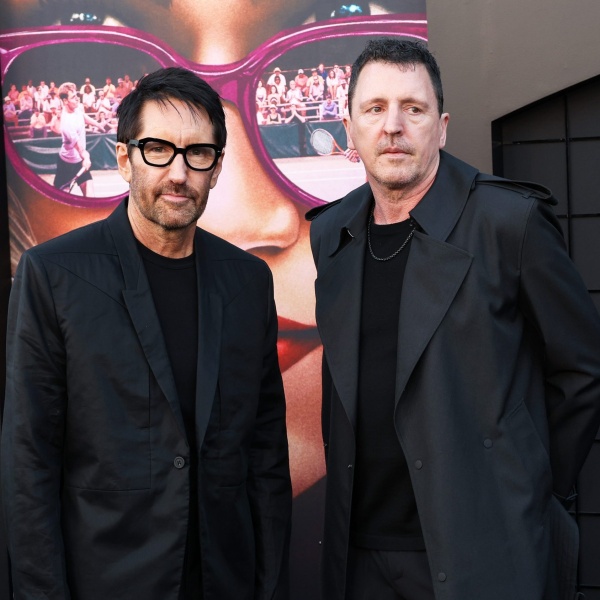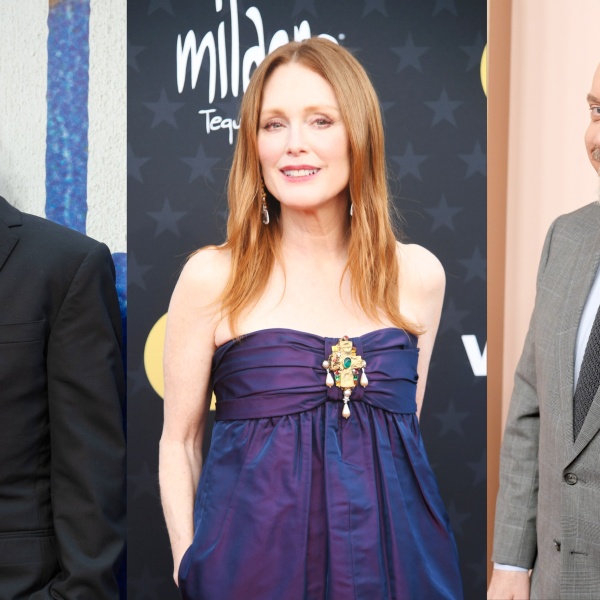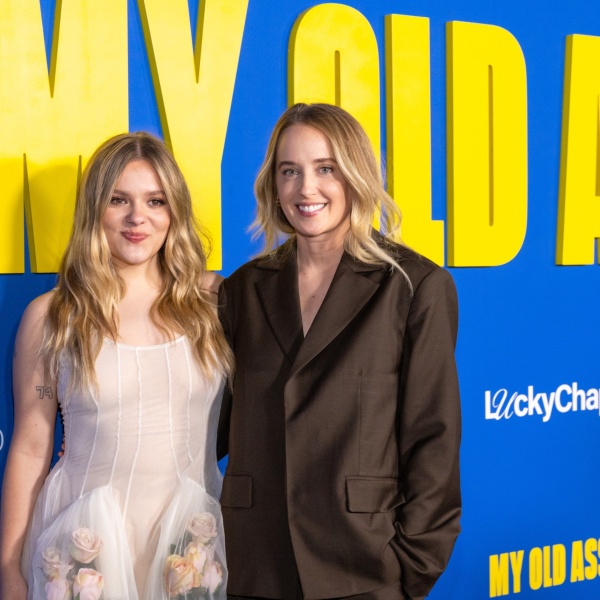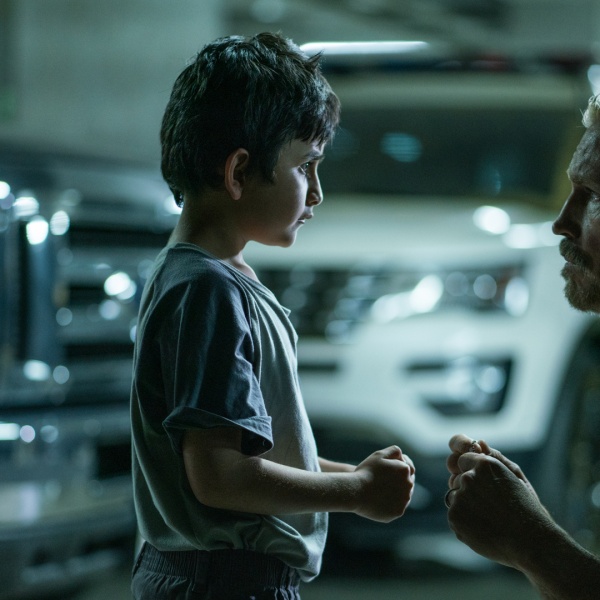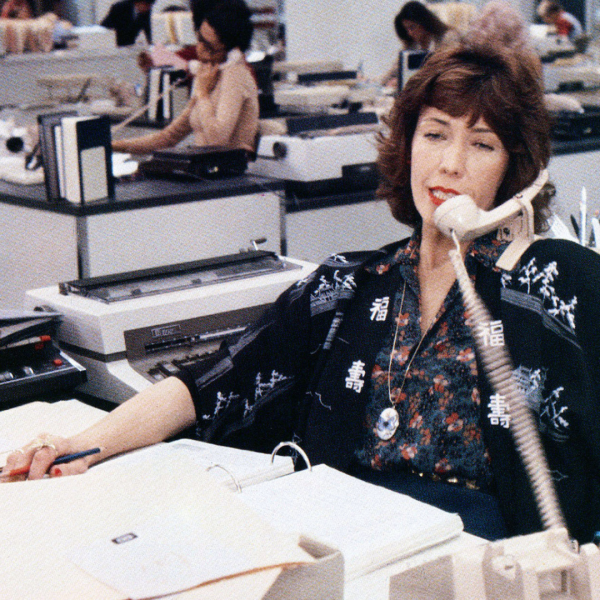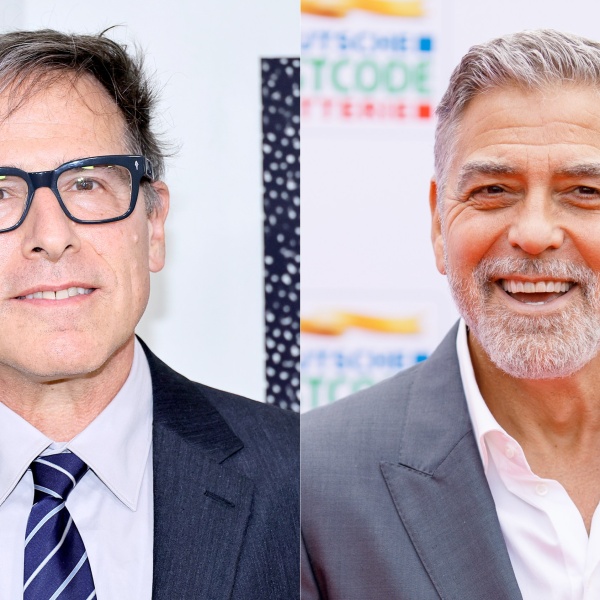For multiple generations, the work of Jim Henson has stood as a symbol of our collective childhoods — a space where our thirst for knowledge and sense of creativity could roam free and we could learn to be the silliest and most heartfelt versions of ourselves. To honor Henson’s contribution to entertainment, as well as our society, director Ron Howard — a fellow creative who knows a thing or two about making a lasting impact — has put together a documentary tracking the life and work of the great puppet master called “Jim Henson Idea Man.”
Ahead of the film’s May 31 streaming release on Disney+, Howard and composer David Fleming, editor and executive producer Paul Crowder, and producer Margaret Bodde joined IndieWire’s Jim Hemphill for a discussion on Henson’s influence on production as part of IndieWire’s Pass the Remote FYC series, produced in partnership with Disney. The panel, which took place at the Vidiots Foundation in Los Angeles on Friday, May 24, was preceded by a screening of the film. In reflecting on getting pulled into the process of taking on Henson’s story, Bodde — who has produced documentaries with the likes of Martin Scorsese and Wim Wenders — felt like the package was a no-brainer.
“I mean, the idea of a documentary about Jim Henson, directed by Ron and just working with that team again, was really enticing,” he said. “And one of the things that was so cool and really exciting was when we went to LA and we were with Lisa and Brian Henson and they were screening all this early film. It’s really early archive and it had been so well restored and it was just so entertaining and Ron — I remember you were just — it started to be really clear that you wanted to take what Jim had created and let that inform the style of the film.”
The ethos of celebrating Henson’s playful spirit impacted every aspect of the film, including Fleming’s score. Speaking on how he carried Henson’s spirit into the music, he said, “So with the music, it was always focusing on what part of Jim is coming out right now. Is this the spiritual side of him or is this the driven side, and driven by playfulness and joy? Which is also the interesting thing about him, I think, you know, so so many of these types of stories of, of these types of guys are, are, are driven aggressively and he is driven by playfulness. So that was something I always wanted to tap into.”
Crowder agreed that editing required that playfulness too, but that he was struck by the depth of emotion he and Howard were able to find in Henson’s story. He said Howard would always ask, “’Can we get a little deeper? Can we always find the deeper thing because there was so much fun stuff to be had?’ There’s so much playful things that you can do. But where are the stories where we all connect. Those emotional stories where we can all relate because we can relate to something that’s similar in our lives. So it was trying to find those moments.”
Though his team seemed to give him a lot of credit, Howard said the film is a result of collaboration — and that he really didn’t know how he’d approach the story until he started doing the work.
“I had no idea really,” Howard told IndieWire and the rapturous crowd. “What would the feature story be? You know, I just knew he was incredible. I knew my friend George Lucas characterized him as a bona fide creative genius. And so I had a lot of admiration. But as soon as we started seeing the archives and I was talking to the family, I recognized there were like three levels on which this film could work. We could celebrate the stuff that we knew, we could discover all this stuff that was sort of the foundation of it and more and the ups and downs, sort of in terms of what succeeded and what didn’t, and what that meant to him.”
Watch the complete video of IndieWire’s “Jim Henson Idea Man” panel above. You can also catch up on previous Pass the Remote panels here.
